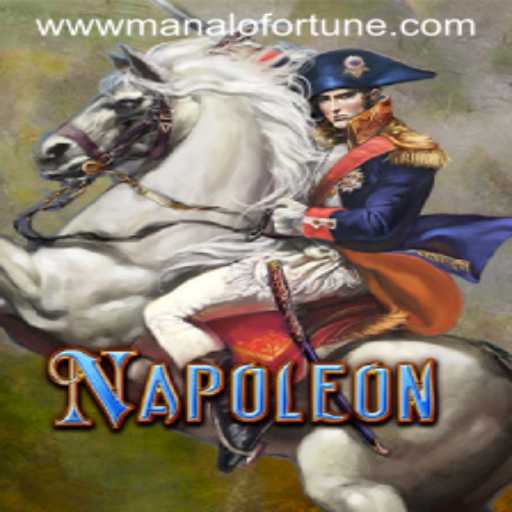Napoleon: A Journey into Strategic Card Gaming
Napoleon, often referred to as a game of tactical brilliance and strategic depth, has enchanted players across the globe for generations. Much like its namesake, the game demands cunning, foresight, and the ability to anticipate opponents' moves. As we delve into the world of Napoleon, we shall explore its introduction, intricate rules, and how it relates to the fabric of contemporary gaming culture. The presence of keywords such as 'Manalo Fortune' will serve as a guide through this world of strategy and chance.
A Historical Introduction to Napoleon
Originating in the early 19th century, Napoleon is a trick-taking game of unpredictable action and calculated risk. It is believed to have been named after the famed French military leader, reflecting the strategic essence required to triumph in this captivating card battle. Traditionally played in Britain and its colonies, Napoleon's appeal has transcended borders, attracting players who relish its blend of chance and strategy.
The game is played with a standard 52-card deck and typically involves four to six players, although variations exist. The aim is to win tricks, and the player who declares the highest bid must also state the number of tricks they intend to win. The stakes are high, as failure to meet the bid results in negative scoring, while success brings about a substantial point gain, a trait reminiscent of the high-risk ventures associated with the historical figure.
Setting Up and Navigating the Rules
Understanding the rules of Napoleon is crucial for any aspiring player. The game begins with each participant being dealt five cards. The player to the dealer's left leads with an opening bid, and this continues clockwise, with each player either increasing the bid or passing their turn. The initial bid must be at least 'One' and can be escalated to 'Napoleon' when claiming total domination of all five tricks.
Once a bid is set, the highest bidder declares a trump suit, pivotal to the gameplay. The trump suit will overrule other suits during trick-taking rounds, allowing strategic players to gain the upper hand. The player who wins the bid then has the chance to potentially opt for 'Manalo Fortune,' a strategy designed to clinch victory through calculated risks.
Understanding 'Manalo Fortune'
'Manalo Fortune' adds a layer of intrigue and challenge to the traditional gameplay of Napoleon. In this specific iteration of the game, players are invited to make daring moves and must excel in balancing ambition with caution. When a player declares a bid with this phrase, it signifies their confidence in achieving a favorable outcome, rooted in strategic maneuvers and precise calculation.
This variation emphasizes the importance of adaptation and awareness of opponents' strategies, echoing real-world strategic decision-making scenarios. 'Manalo Fortune' is about making well-informed choices and is reflective of how modern gaming experiences incorporate nuanced decision-making skills.
The Art of Strategic Decision Making
Napoleon is much more than a simple card game; it is an exploration of strategic layers that require players to anticipate, adapt, and act decisively. Modern players face similar challenges in real-time strategy games, where anticipating an opponent's move could be the difference between victory and defeat.
The use of strategy in Napoleon lends itself to current events in the gaming industry, where competitive gaming, esports, and strategy-based games are continually on the rise. Players who master Napoleon often develop skills that transcend the tabletop, enhancing their ability to make swift and strategic decisions in real-world contexts.








